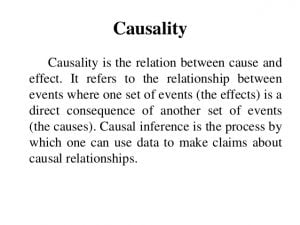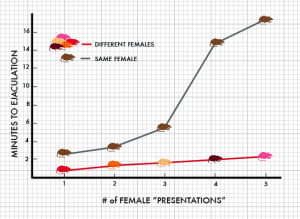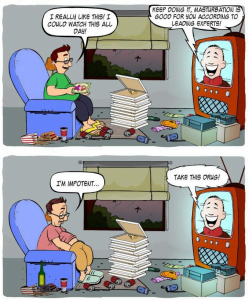Introduction This critique has two parts: Part 1 exposes how Nicole Prause, Marty Klein and Taylor Kohut completely misrepresent their solitary bit of “evidence” to support the article’s core falsehood – that “compulsive pornography viewing” was excluded from the new ICD-11 “Compulsive Sexual Behavior Disorder” diagnosis. Part 2 exposes the startling omissions, false claims, research […]










